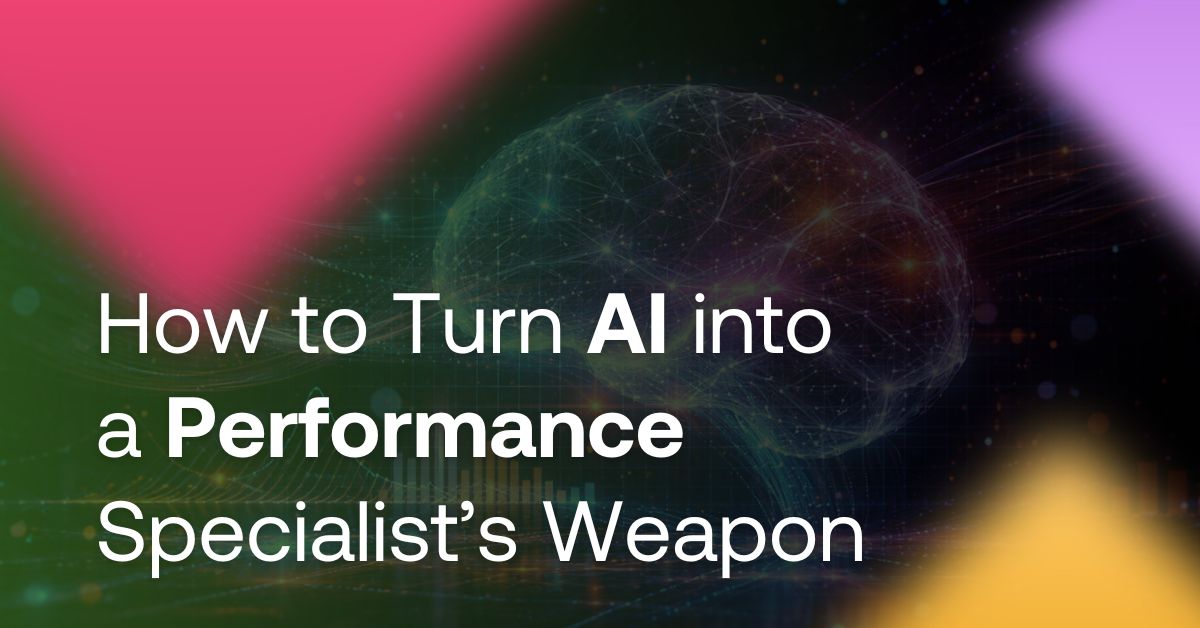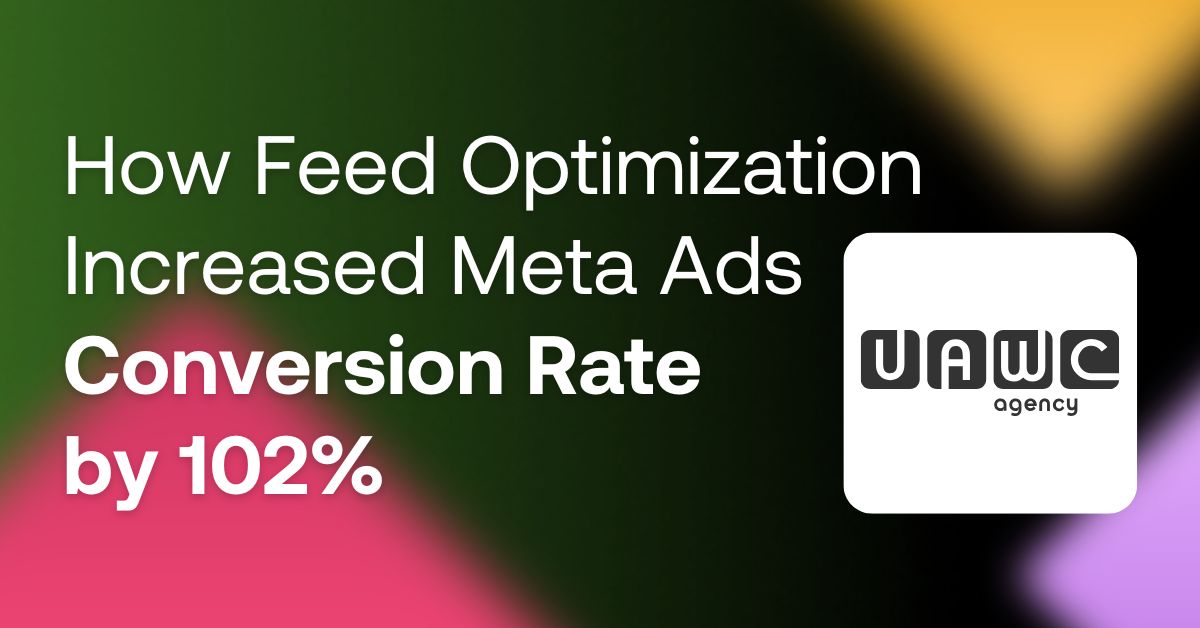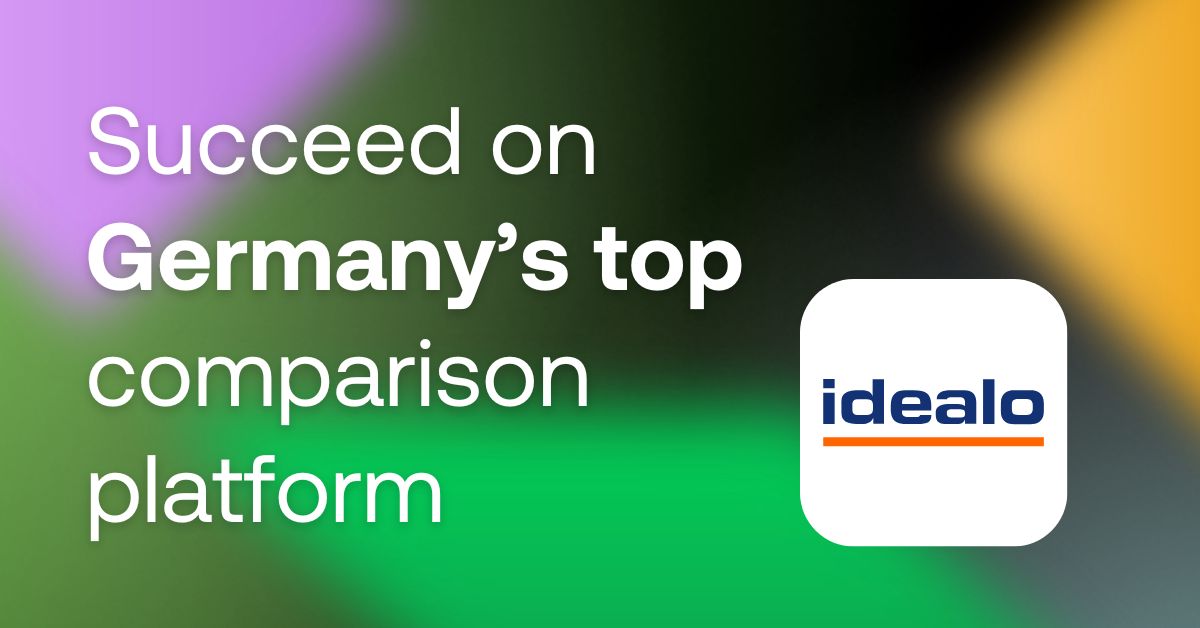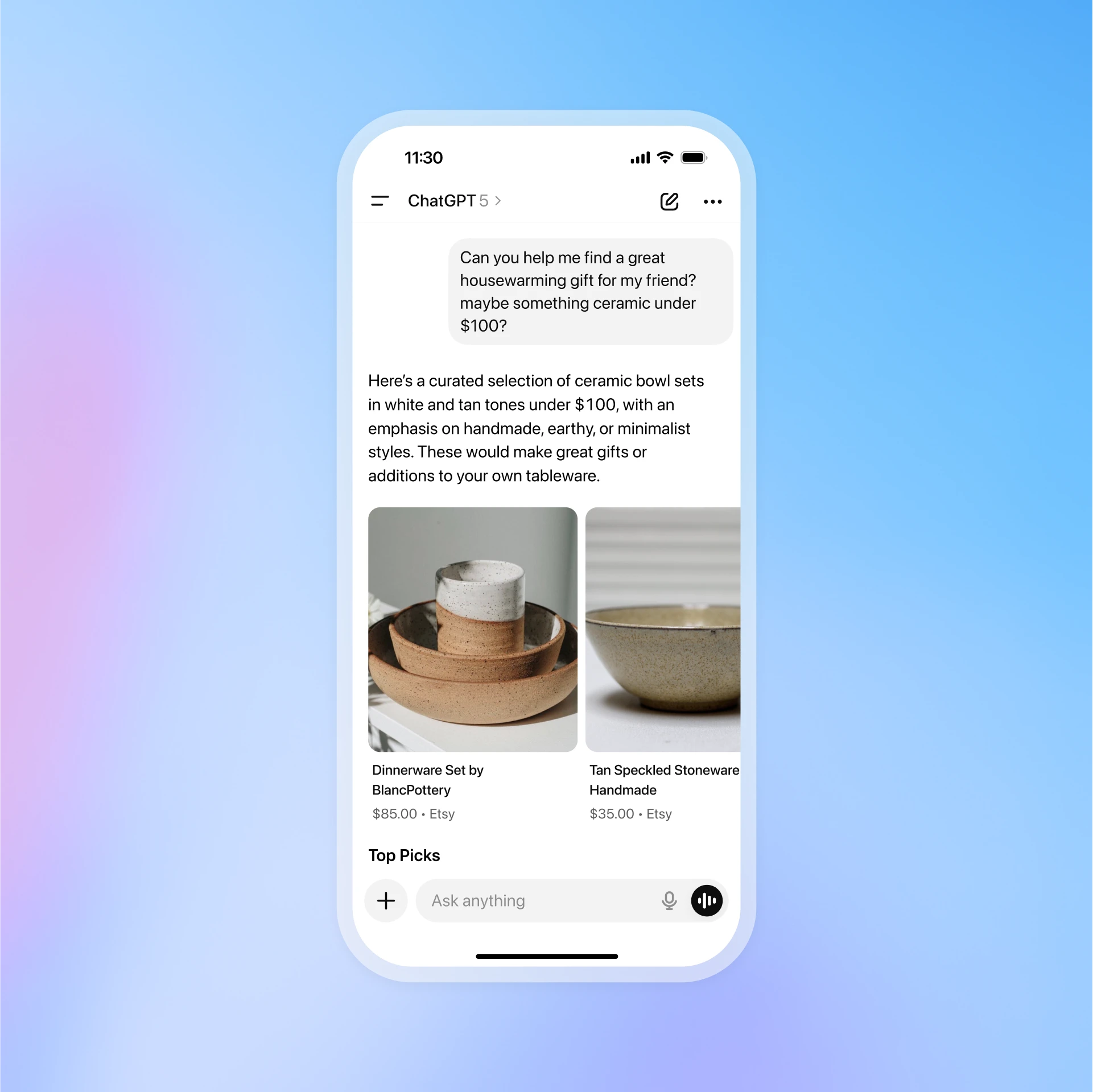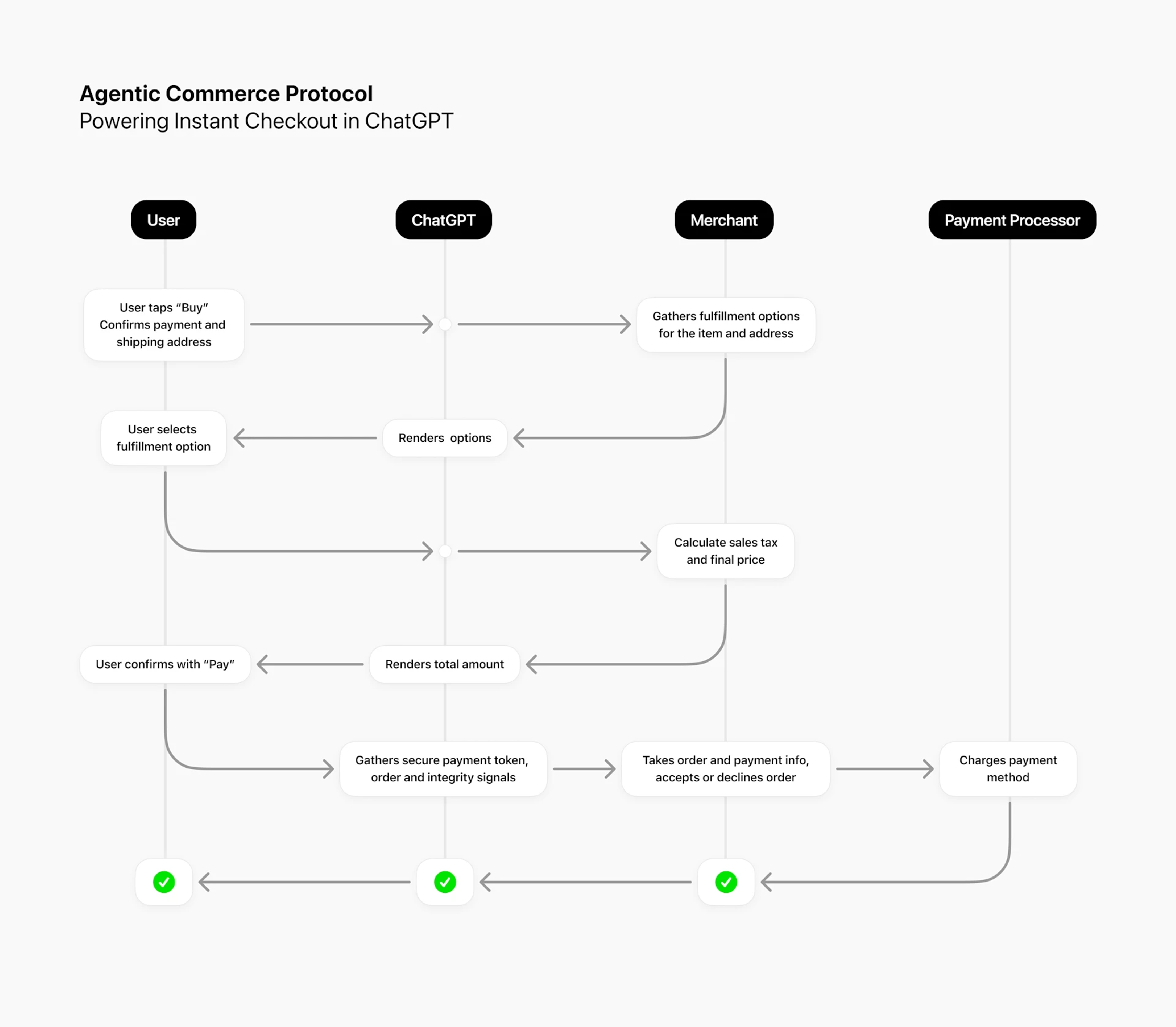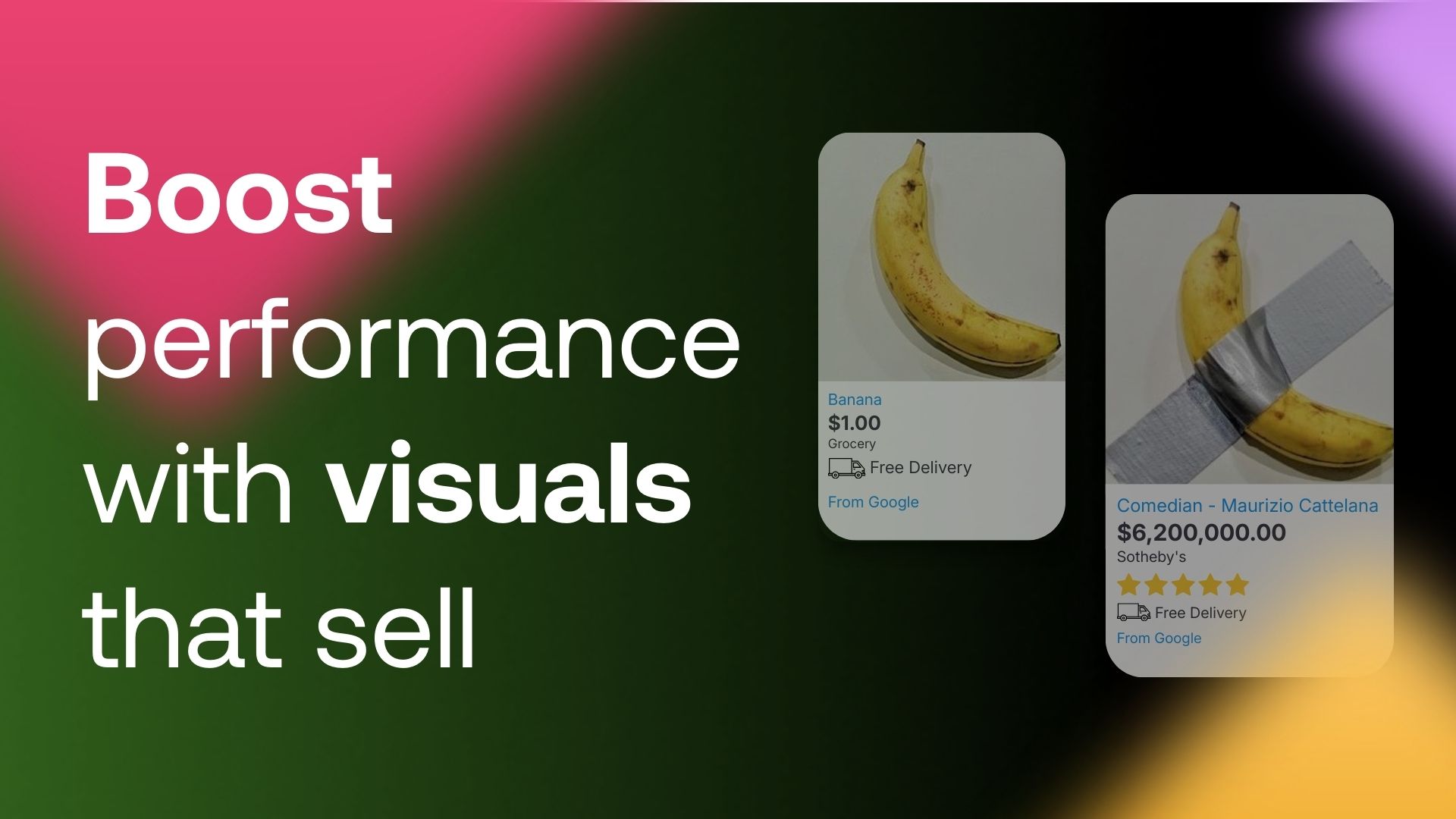A New Era of Shopping Inside ChatGPT
On September 29, 2025, OpenAI introduced Instant Checkout in ChatGPT – their first step into agentic commerce. Built with Stripe on the open-source Agentic Commerce Protocol (ACP), it enables people to discover and buy products directly in chat.
For shoppers, the process is seamless and ad-free. For retailers, it’s a new opportunity — but one that depends on having high-quality product data. And this is exactly where Mergado steps in with a new feed format designed for ChatGPT Shopping.
Product Search: Powered by Product Feeds
At the heart of ChatGPT Shopping lies a simple but powerful idea: product search runs entirely on product feeds. Unlike traditional e‑commerce platforms where ads and bidding strategies dominate visibility, ChatGPT relies on structured merchant data to decide what products users see. This makes data quality, not ad spend, the key to success.
👉 How it Works
When a user types a query – whether broad (“best running shoes under $100”) or ultra-specific (“black cotton boxers with white elastic, size L for 300 Kč”) – ChatGPT scans its indexed product feeds to return the most relevant matches. The ranking is based purely on relevance and structured metadata, not paid placement. Fields like product title, description, price, stock availability, and rich media (images, ratings, reviews) all play a decisive role in visibility.
Feeds must be updated frequently – sometimes as often as every 15 minutes – to keep results accurate. Out-of-date pricing or out-of-stock items can quickly push a merchant’s offer out of the conversation.
👉 Who’s Testing It
OpenAI’s rollout has already gone live with U.S. Etsy sellers, giving ChatGPT users the ability to shop directly from thousands of small businesses. Next in line are Shopify merchants – over a million of them – including major brands like Glossier, SKIMS, Spanx, and Vuori. Early adopters are already reporting strong traction, with some merchants seeing more traffic from ChatGPT than from Bing.
👉 Why It Matters for Retailers
Experts highlight three clear advantages over Google or Amazon:
- Higher conversion rates – Traffic from ChatGPT converts at around 6.7%, far above Google Search’s 3.9%. Buyers in chat are more intentional, closer to purchase.
- Ad-free discovery – Results are unsponsored and based on product relevance, giving smaller DTC brands a chance to compete head-to-head with established players.
- Seamless shopping – No redirects, no friction. From query to checkout in just a few taps, directly inside the chat.
For retailers, this is both a huge opportunity and a wake-up call. Success in ChatGPT Shopping doesn’t depend on bigger budgets – it depends on clean, structured, and always-fresh product data. In other words, feed management just became a front-line competitive advantage.
Instant Checkout: From Discovery to Purchase in Chat
If product feeds power discovery in ChatGPT, then the Agentic Commerce Protocol (ACP) powers conversion. ACP, co-developed by OpenAI and Stripe, is an open-source standard that defines how AI agents and merchants transact. It ensures businesses stay in control as the merchant of record, while enabling ChatGPT to securely handle the full purchase flow.
👉 What ACP Brings to the Table
ACP is built around three key specifications:
- Product Feed Spec – structured data for discovery.
- Agentic Checkout Spec – APIs and webhooks that allow ChatGPT to render checkout and pass orders back to the merchant.
- Delegated Payment Spec – tokenized payments, with Stripe as the first compatible Payment Service Provider.
This means the AI agent doesn’t just recommend products – it can complete the transaction. Merchants still own the relationship, handle fulfillment, and manage returns, but ChatGPT becomes the front-end where discovery meets purchase.
👉 How Instant Checkout Differs from Links
Traditional product links push the user out of the chat, into an external e‑shop where they must manually complete checkout. Instant Checkout removes that friction. A shopper can say “I want black cotton boxers, size L, for 300 Kč” and confirm the order in a few taps, without leaving ChatGPT. Behind the scenes, ACP APIs sync with the merchant’s system in real time – recalculating stock, shipping, and taxes – so the transaction is seamless.
👉 What Experts Are Saying
Industry experts describe Instant Checkout as a game-changer for e‑commerce. The reasons are clear:
- Zero-friction buying – shoppers can complete purchases directly in the chat without detours to external shops.
- Industry disruption – this model challenges the role of PPC, SEO, and comparison engines by collapsing discovery and checkout into a single flow.
- Merchant readiness – platforms like Shopify already give their merchants a head start, while others face the challenge of ACP integration.
- Trust concerns – while secure by design, some users may need time to fully trust payments handled by AI.
Overall, Instant Checkout is not just a feature, it signals the rise of a new sales channel. It blends discovery and purchase into one seamless moment, creating a high-intent environment that could redefine online shopping.
Why Product Feeds Matter – and Mergado’s Role
Every transaction in ChatGPT Shopping starts with one thing: a product feed. Feeds are the structured source of truth that tell ChatGPT what exists, how much it costs, whether it’s in stock, and how it should be shown to the user. Without them, there is no discovery and no checkout.
👉 The Role of Feeds in Agentic Commerce
The Product Feed Spec is part of the Agentic Commerce Protocol (ACP). It requires merchants to supply complete, accurate, and fresh product data – updated as often as every 15 minutes – to power ChatGPT’s product search and Instant Checkout.
👉 Key requirements include:
- Control flags like enable_search and enable_checkout.
- Core data: IDs, titles, descriptions, links, pricing, and availability.
- Variants grouped under item_group_id.
- Legal links (privacy policy, terms, returns).
- Recommended fields like reviews, popularity scores, and media that improve ranking and credibility.
Because results in ChatGPT are organic and unsponsored, data quality is now the main competitive factor. This is why experts call GPT optimization – or AI Optimization (AIO) – the next big challenge for retailers, following SEO.
👉 Best Practices for Retailers
- Maintain high data completeness – fill all required and recommended fields.
- Keep feeds fresh – frequent updates prevent showing outdated stock or prices.
- Write clear, human-centric descriptions that AI can parse easily.
- Use structured metadata and schema markup.
- Expose performance signals (ratings, return rates, popularity).
In short: better feeds mean better visibility, higher trust, and stronger conversions.
Enter Mergado: A New Feed Format for ChatGPT
To make this shift easier, Mergado is releasing a dedicated ChatGPT Shopping feed format. Built to match the ACP Product Feed Spec, it allows retailers to structure and optimize their product data exactly the way ChatGPT requires. Merchants will be able to test it as soon as they become eligible for ChatGPT Shopping.
For e‑shops and agencies, this means no guesswork, no custom builds – just a direct way to prepare data for the next big sales channel. With Mergado’s new format, businesses can step into conversational commerce faster, with confidence that their feeds are ready for AI-driven discovery and checkout.
The message is clear: product feeds are the foundation of success in ChatGPT Shopping. And with Mergado’s new format, retailers get a head start in the race to capture high-intent traffic inside ChatGPT.
The Future of Conversational Commerce
The launch of Instant Checkout marks a turning point for online retail. By blending natural language search, product feeds, and embedded transactions, ChatGPT is moving from being a helpful assistant to becoming a full-fledged sales channel. Experts predict this will reshape parts of today’s e‑commerce ecosystem and push retailers to adapt quickly.
👉 Predictions for Retail
- Industry shift is underway – agentic commerce is expected to influence how traditional e‑shops and marketplaces operate.
- Scale and growth – analysts expect agent-led transactions to account for a growing share of e‑commerce, unlocking new revenue models like smart reordering, subscription autofill, and AI-driven upsells.
- Monetisation shift – while results are organic today, most agree that paid placements will eventually come, opening a new monetisation model comparable to Google Ads.
- Technical readiness is critical – success will hinge on real-time, high-quality product data. AI Optimization (AIO) is fast becoming the new SEO.
- Trust will take time – while frictionless by design, adoption depends on building user confidence in AI-led transactions.
👉 The Path Ahead
Conversational commerce isn’t just about discovery anymore — it’s about completion. The “prompt-to-purchase” flow will unlock entirely new ways of buying, from auto-buys to 24/7 AI concierges. First movers, especially Shopify and Etsy merchants, are already positioned to benefit, while others will need to accelerate their technical integration to stay competitive.
And this is exactly where Mergado steps in. With the release of its new ChatGPT Shopping feed format, Mergado gives retailers a ready-made way to structure their product data for the ACP ecosystem. When merchants become eligible, they’ll be able to test and deploy feeds tailored for ChatGPT, ensuring they’re prepared to capture high-intent buyers in this emerging channel.
👉 The message is clear: the future of e‑commerce is conversational, agent-driven, and powered by feeds. With Mergado’s new format, retailers don’t just keep up, they get ahead.
